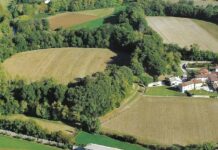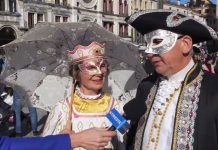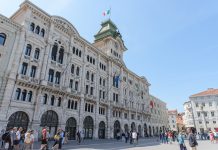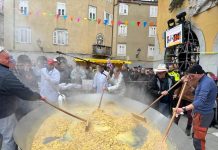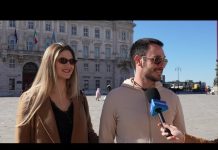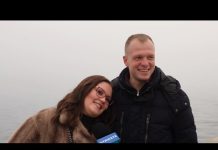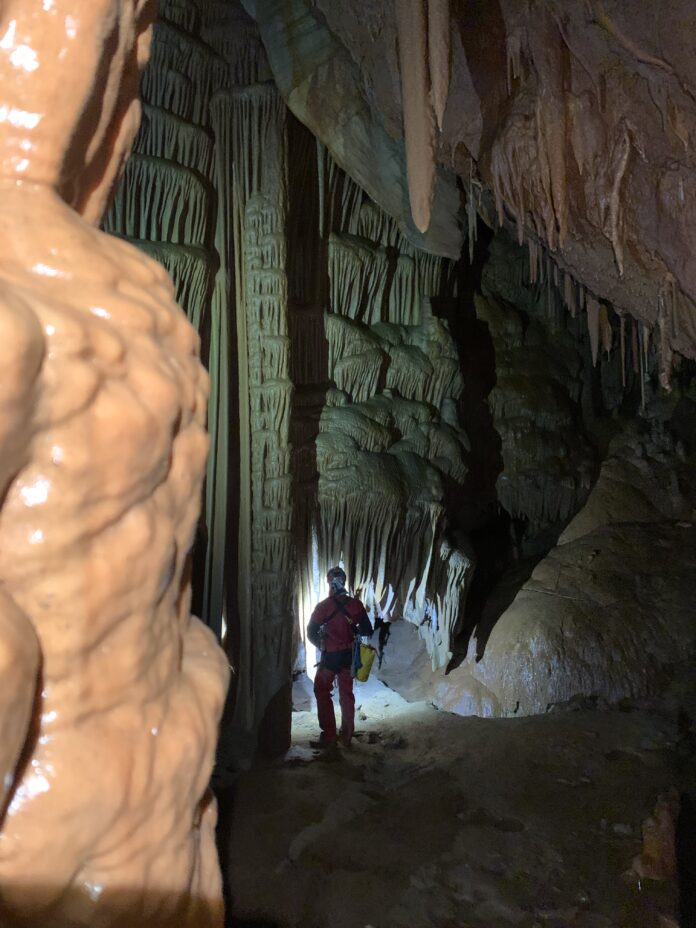by Alessandra Ressa
Trieste has given birth to many original and courageous figures, but few like Pietro Rosenwirth have managed to turn their life experience into a universal message of inclusion and freedom. Affected since birth by severe motor impairments — congenital arthrogryposis, arthritis, osteoporosis, and other complications — Rosenwirth could have let himself be overwhelmed by difficulties. Instead, he chose to build his life on a different principle: to prove that disability does not mean the impossibility of dreaming, traveling, and living independently.
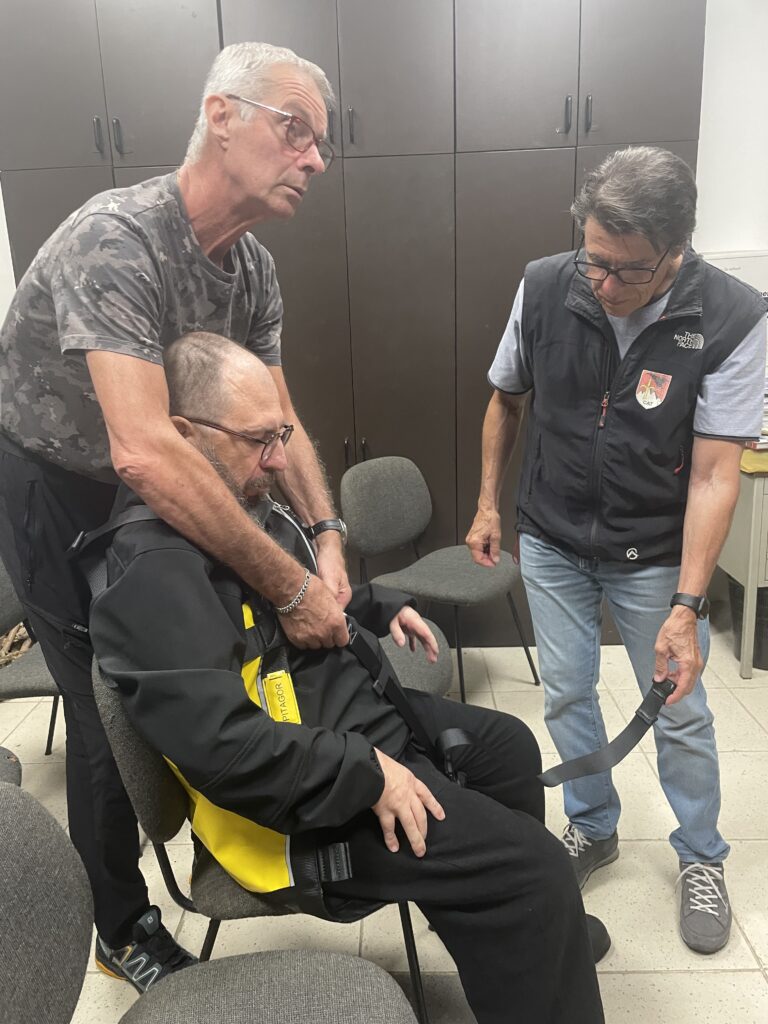
As president of the humanist association “Travel for a Dream: Beyond Barriers”, Rosenwirth has made movement his mission, aiming to break down not only architectural barriers but above all cultural and mental ones. From his hometown Trieste he embarked on journeys that to many would have seemed impossible, riding a scooter-trike adapted to his needs. In 2011, for example, he traveled more than four thousand kilometers through several European capitals including Vienna, Prague, Munich, and Zurich. Each stop was both a personal achievement and an opportunity to raise public awareness on the issue of accessibility.
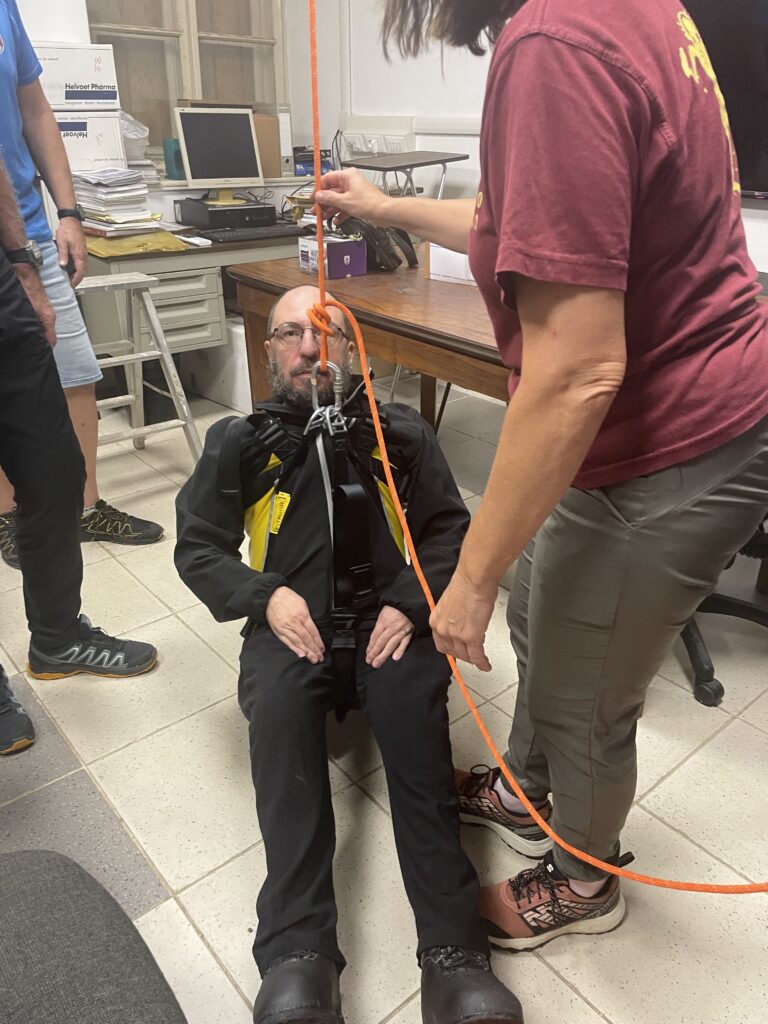
The difficulties were many: technical problems with the vehicle, long stretches of cobblestones, architectural barriers that even today in many European cities make it difficult or impossible for people with disabilities to move freely. Yet alongside the obstacles, Rosenwirth always found support and solidarity: citizens ready to help, motorcyclists who welcomed him along the way, associations and consulates that gave visibility to his project. This spirit of sharing made his journeys not only a personal feat but a collective experience.
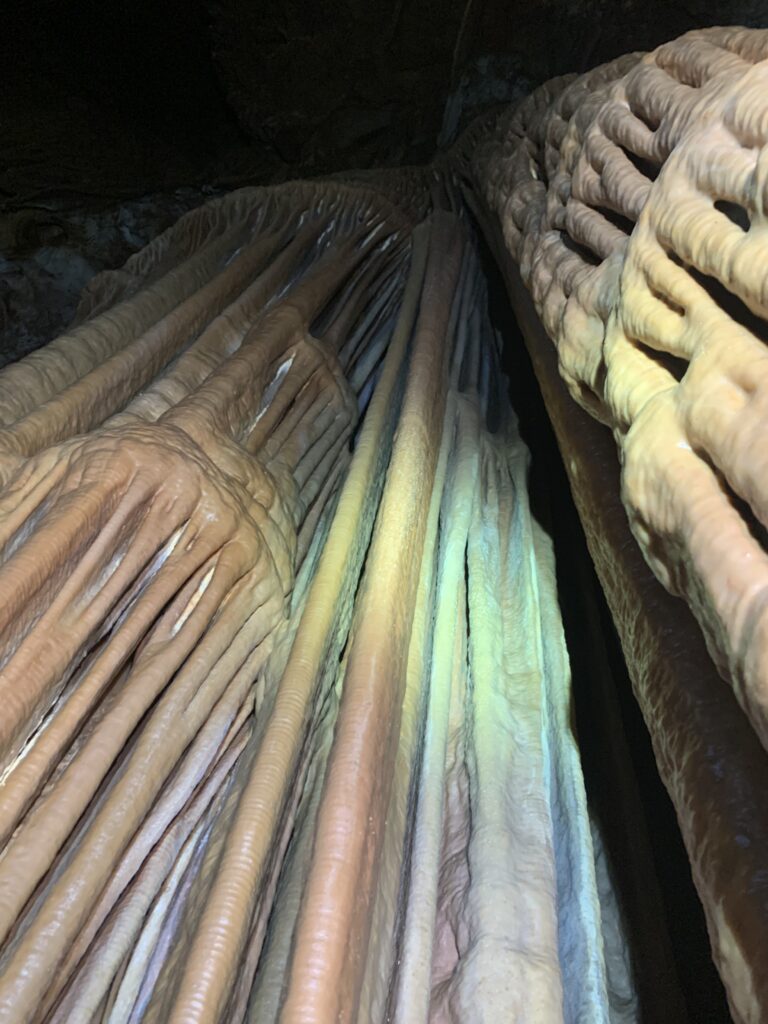
His voice, in Trieste and beyond Italy’s borders, has become a symbol of dignity and self-determination. For Rosenwirth, traveling does not simply mean moving through space, but breaking down the invisible walls that often segregate people with disabilities. It is a way to reaffirm that the freedom to move and to participate in social life belongs to everyone, regardless of physical condition.
And today his story is ready to embrace a new extraordinary chapter. With the help of the local caving group Club Alpinistico Triestino, which will provide special equipment and the expertise of speleologists trained in rescue operations, Rosenwirth is preparing to take on an unprecedented challenge in the region: becoming the first disabled person to descend into a technical cave on ropes. The chosen site is the Norma Cossetto cave, on the Triestine Karst, a complex and fascinating environment that will test not only technical skills but above all courage and team spirit.
The Norma Cossetto is one of the most beautiful vertical caves of the Karst due to its morphological features. Its entrance opens along a faint trail beside a dry torrent bed and immediately leads into a shaft requiring ropes and advanced vertical progression techniques typical of speleology. The descent develops through a system of connected shafts. The harsh yet evocative environment alternates between vertical passages and sections adorned with stunning concretions.
Taking on this cave means confronting all the challenges of rope progression: descending and ascending maneuvers, anchor management, and constant group safety. For Rosenwirth, this will require the use of specialized equipment, technical adaptations, and the presence of a highly qualified support team able to guarantee every stage of the descent and ascent.
Descending into the Norma Cossetto is not just a sporting challenge, but a gesture of deep symbolic value. Entering an underground world as hostile and complex as that of caves — and doing so under Rosenwirth’s conditions — means proving that the hardest barriers to break down are not those of rock, but those of the mind. The initiative of the Club Alpinistico Triestino, which has chosen to stand by him with competence and passion, is tangible proof that inclusion and collaboration can transform limits into extraordinary opportunities.
The impact of his commitment goes far beyond personal testimony: it has helped put the issue of accessibility firmly on institutional agendas, sparked reflection in local communities, and encouraged other people with disabilities not to give up. Trieste, a border city and crossroads of cultures, thus finds in him a living symbol of the possibility to turn limits into opportunities, dreams into real journeys, and barriers into bridges toward a fairer and more inclusive society.




